Earlier this month I had the opportunity to attend the She Talks Data MeetUp in the Twin Cities. This group’s goal is “[o]ur goal is to build a close-knit community of women (and men in support of women) who can come together to grow professionally and personally.” It was started as an offshoot of the She Talks Data group in Silicon Valley a few months ago locally by Serena Roberts and Laura Madsen.
Serena has said several times that this is not just for women. Plus, one of my friends, Karla Hillier, was presenting, so I thought great to support her and at same time attend this new group and learn.
As I told Serena beforehand, I was afraid attending and how I would be received and feel. But my fear quickly dissipated from the moment I walked in. Right from the start it was an engaging and welcoming environment, but I did feel something different.
As the first speaker Emma Denny, an employment law attorney, kicked off right from the start the room was riveted. There were questions related to workplace discrimination and sexual harassment. Emma talked about rights that people had in Minnesota. But, she also talked about the high thresholds that people face in these cases and difficulty in proving these cases. There were great tips such as telling people in writing when they felt harassed and literally spelling it out that you think it is because of gender or other protected class.
At one point, Emma asked how many people in the room had felt discriminated or harassed at work and nearly everyone’s hand was raised. I can say I felt bummed and really more angry. I felt angry that so many talented amazing people in our community have felt discrimination and harassment. I felt angry that so many of amazing people will likely face this more as their career continues. I felt angry that people often time creating those environments are oblivious that it is even occurring until it is too late or worse don’t care.
After the group I reflected what I could do. Yes, as a product person at heart my nature is when I see a problem I want to help find a solution. Of course, there is no single solution, but we can all help one action at a time whether in groups or at work to provide a more inclusive environment.
I encourage other men to respectfully participate in She Talks Data and other groups like these where appropriate and where welcomed. Not only as a sign of support, but also to be in a better position ourselves to be supportive when challenging situations with bosses, colleagues, employees, and clients will inevitably occur. After all we are people on this journey of life together with a finite amount of time, so let’s make the most of it and support each other through it.
Shout out to all the great people I met and good conversations I had. Special shout out to: Jen Roberts and Tricia Duncan that I had pleasure of meeting and sitting with; Serena Roberts and Laura Madsen for organizing group locally and continued leadership in community; and Emma Denny and Karla Hillier for sharing their knowledge and inspiring others.
Interested in learning more? Go to the April 4th She Talk Data MeetUp and catch April Seifert who will be one of the presenters. In fact, April and I were just talking this morning on all things CX, analytics, and podcasting and sure she will have a lot of great wisdom to share.



